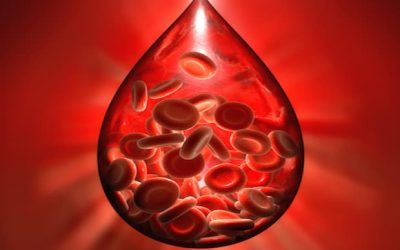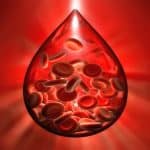Pfizer and Spark Therapeutics say their investigational haemophilia B drug SPK-9001 has been awarded breakthrough therapy status by the US Food and Drug Administration.
SPK-9001 is a novel bio-engineered adeno-associated virus (AAV) capsid expressing a codon-optimised, high-activity human factor IX variant, currently being assessed in an ongoing Phase I/II trial as a potential one-time therapy.
Breakthrough therapy designation is intended to speed up the development and regulatory review of drugs to treat a serious or life-threatening disease or condition, and is awarded on the back of preliminary clinical evidence suggesting a potentially substantial improvement over existing therapies on at least one clinically significant endpoint.
“We are extremely pleased to have been granted breakthrough therapy designation for SPK-9001, which has shown early promise in achieving our goal of eliminating the need for regular infusions to control and prevent bleeding episodes in patients with haemophilia B through a potentially one-time, intravenous administration of a highly optimised gene therapy,” said Jeffrey D. Marrazzo, chief executive officer of Spark Therapeutics.
“Together with Pfizer, we look forward to working closely with the FDA to bring SPK-9001 to patients as quickly and responsibly as possible.”
SPK-9001 is the lead candidate in the companies’ 2014 deal centred on the SPK-FIX programme of haemophilia gene therapy research.
Haemophilia is a rare genetic bleeding disorder that causes the blood to take a long time to clot as a result of a deficiency in one of several blood clotting factors. The condition affects around one in 25,000 male births, and the current standard of care requires recurrent intravenous infusions of factor IX to control and prevent bleeding episodes.









